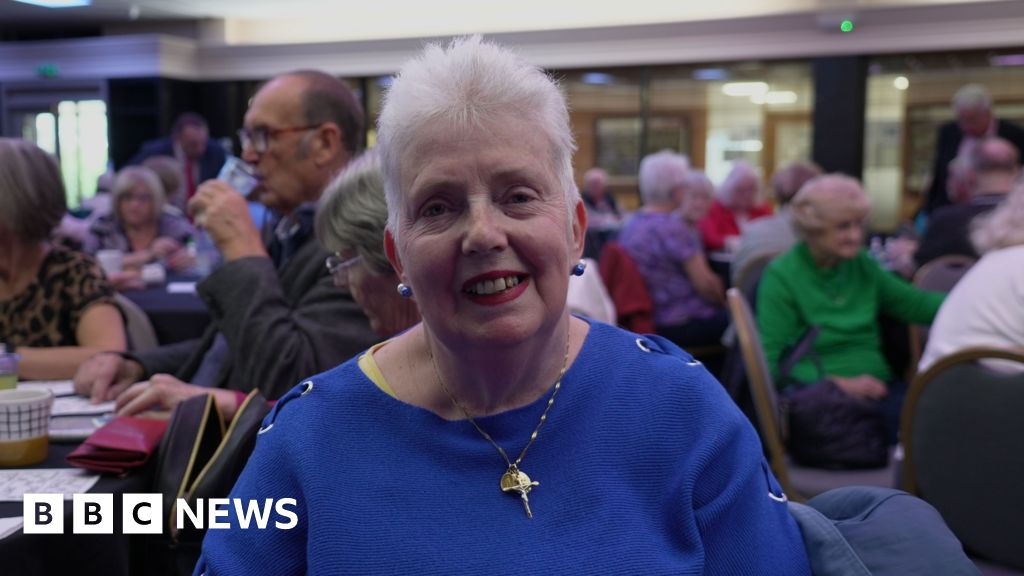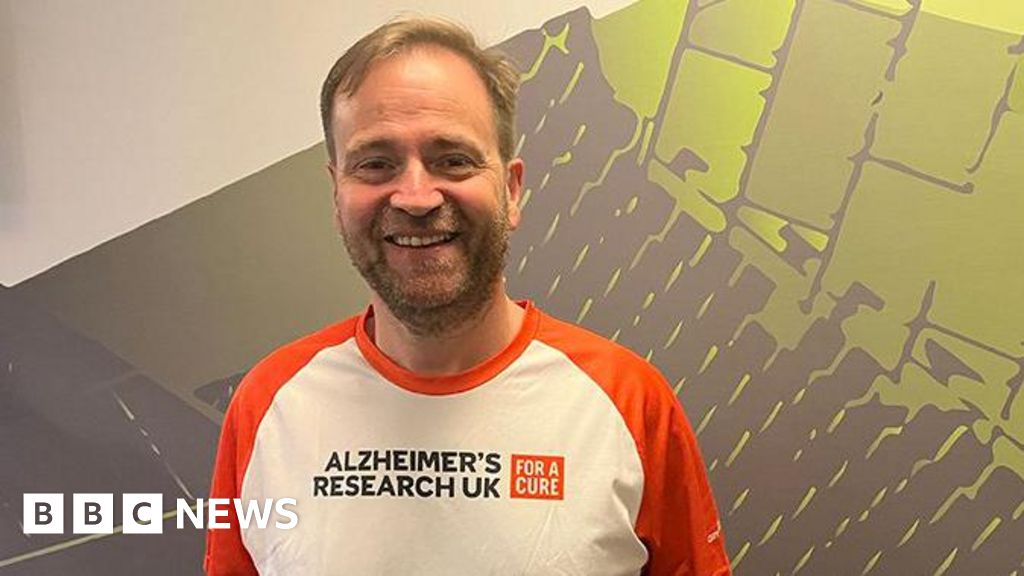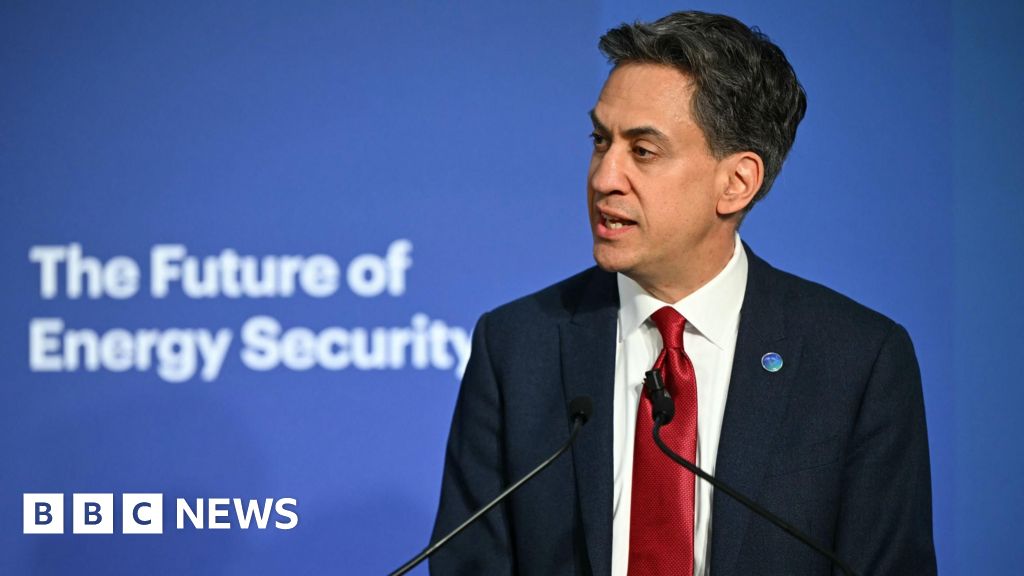ARTICLE AD BOX
By Stephen Walker
BBC News NI Political Correspondent
Image source, Getty Images
The five executive parties have agreed to apologise to the victims and survivors of historical institutional abuse, BBC News NI understands.
An official apology was originally planned to come from Paul Givan and Michelle O'Neill on 11 March.
But as they are no longer first and deputy first minister, the parties met to discuss an alternative apology.
It is understood the idea of this new apology will be discussed by the families involved.
The decision was made following a cross-party virtual meeting to discuss how to resolve the issue, following Paul Givan's resignation as first minister.
The move by the Democratic Unionist Party (DUP) assembly member meant Michelle O'Neill, Sinn Féin vice president, was also removed as deputy first minister because of the joint nature of the office.
It ended plans for the first and deputy first ministers to issue an apology and led to the alternative suggestion of a joint statement from party leaders.
The executive parties - who make up Northern Ireland's devolved government - are the DUP, Sinn Féin, the SDLP, Ulster Unionists and Alliance.
Margaret McGuckin, from the campaign group SAVIA, said she was delighted, describing Monday as a "good day".
Campaigner Margaret McGuckin said many of those who wanted an apology have now died
Speaking to William Crawley on BBC News NI's Talkback programme, Ms McGuckin said it was significant that the apology was going to come from the five main parties.
"It's something we are looking forward to," she said.
"To end this whole campaign - to hear the words 'I am sorry'.
"To let people go and be free of the chains of self-blame, the pain and the shame."
Amnesty International's director in Northern Irelandsaid that the survivors that he had been in contact with were "pleased" as the alternative would have been "further delay to the public apology for which they have waited for so long".
"Public apologies are an important part of reparation for harm suffered by victims of human rights abuses and we hope that the event on March 11 will bring some much-needed solace to those who have suffered for so long," said Patrick Corrigan.
Earlier, Amnesty International said an apology from a party leader or minister would not suffice.
In a letter to the main parties ahead of the meeting, Mr Corrigan said the apology must come from the "highest political level".
He said an apology from a party leader or minister "does not meet the standard of an official state apology from the executive".
Mr Corrigan asked for the first and deputy first minister positions to be filled temporarily to allow the apology to go ahead as planned
"I have asked them all to ensure that the public apology has the appropriate standing, rather than something lesser," he added.
In another letter, Mr Corrigan also urged DUP leader Sir Jeffrey Donaldson and Ms O'Neill to consider temporary nominations to the posts of first minister and deputy first minister, in order to allow the apology to go ahead as planned.
He said: "Public apologies are an important part of reparation for harm suffered by victims of human rights abuses and, in this case, is a specific obligation on the Northern Ireland Executive."
The meeting of parties also came amid criticism that an apology might not be made at all.
Ulster Unionist assembly member Mike Nesbitt, who prior to the joint meeting had called on the party leaders to collectively apologise, said an apology was "essential for the mental health" of the victims and survivors.
He told the assembly that victims had "been wrapped in chains and thorns".
Fiona Ryan says survivors are frustrated because an apology, scheduled for 11 March, was "so close"
A public apology, he said, would mean "the whole world" to them.
The commissioner told assembly members that victims and survivors were frustrated because the apology was "so close".
She said many had told her they felt their apology had been "downgraded".
Ms Ryan said this was "too important an opportunity to let it go".
She added that some victims felt they were "collateral damage" in the situation.
The public apology was recommended in the final report of the Historical Institutional Abuse Inquiry (HIAI) which was published five years ago.
Meanwhile, a group of survivors of historical institutional abuse in Northern Ireland are to receive £25,000 in total for having their personal details leaked.
Settlements were reached on Monday in legal action taken by seven individuals.
It follows previous resolutions for nearly 40 other victims exposed in the data breach.
They have already secured combined pay-outs in excess of £100,000.
In May 2020, a newsletter circulated in an email by the HIA Interim Advocate's Office mistakenly revealed the names of around 250 survivors of abuse.
At the time, Interim Advocate Brendan McAllister issued an apology for the disclosure of their details.
He said measures were immediately taken to recall the email, with the incident also reported to the Information Commissioner.

 3 years ago
42
3 years ago
42








 English (US) ·
English (US) ·